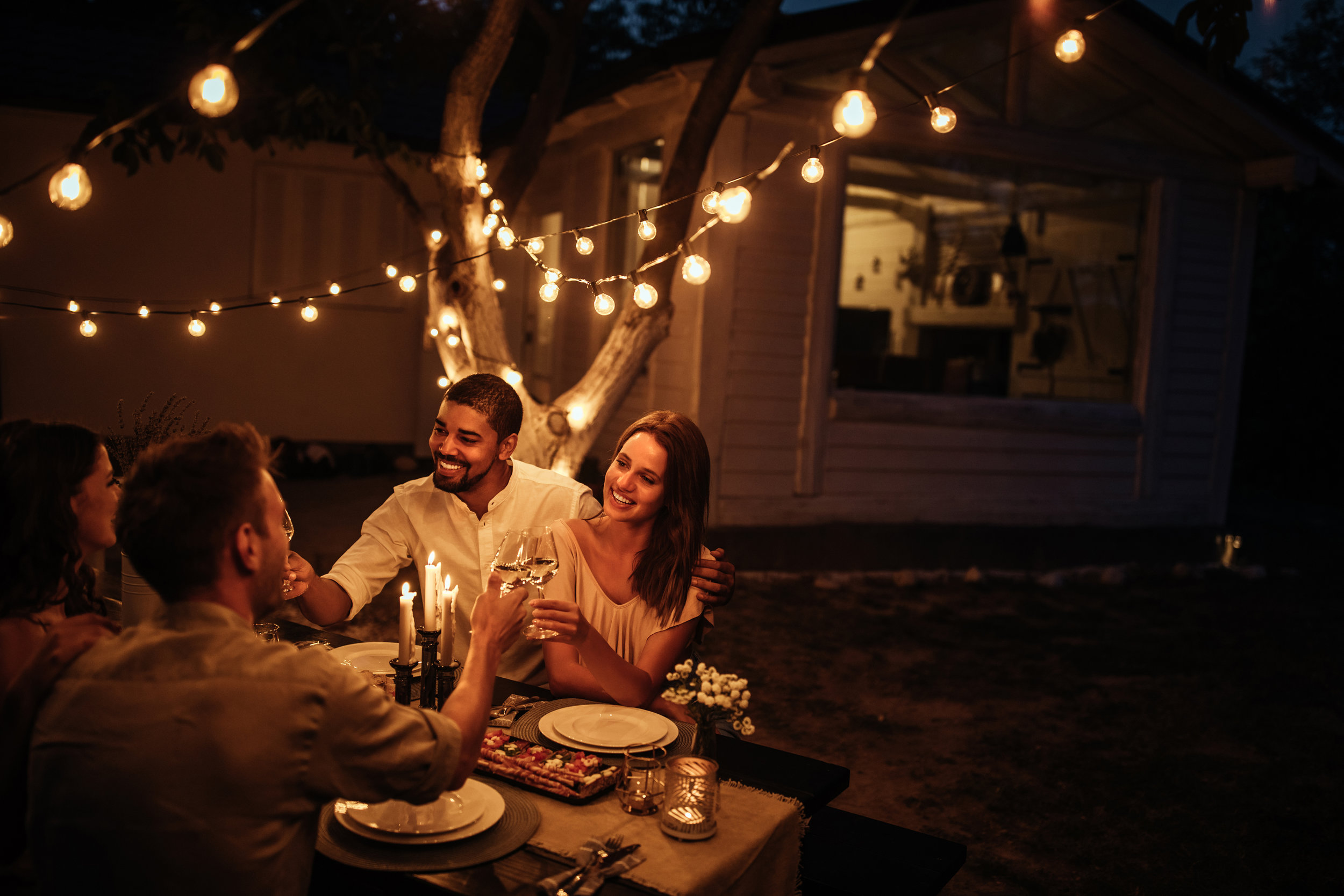The 10 most widely held sleep myths – and why they’re wrong
Calm’s new international poll on popular sleep myths has revealed which ones are most widely held.
Here we explain why each of them are wrong.
1. Lowering the car windows or turning up the air-conditioning will help you stay awake when driving
So believe half (50%) of Americans, two-thirds (66%) of Brits and over half (56%) of all respondents to Calm’s poll.
The only problem, says the National Sleep Foundation, is that such “aids” don’t work. “They are ineffective and can be dangerous to anyone who is driving while feeling drowsy or sleepy, as well as their passengers and others on the road. If you’re feeling tired while driving, pull off the road in a safe rest area and take a nap for 15-45 minutes.”
Even a 20-minute power nap in a safe area, says the American Sleep Association, will at best give you another 30 minutes of safe driving.
Drinking coffee can also help reduce drowsiness, but even it needs around 30 minutes before taking effect – and again, it only works for a short time.
2. During sleep, your brain finally rests.
This is the second most widely held sleep myth in the US but the third internationally. Nearly half (46%) of both Americans and all respondents overall (48%) consider it true.
Explains the National Sleep Foundation: “The body rests during sleep, however, the brain remains active, gets ‘recharged,’ and still controls many body functions including breathing.”
The brain is even more active during REM (Rapid Eye Movement) sleep, when we dream. Even in the deepest non-REM sleep our minds are still able to process information.
3. You should never wake a sleepwalker.
Nearly four in 10 (38%) Americans believe it, compared to half (50%) of all respondents and over two-thirds (69%) of French ones, who believe it more than any other sleep myth.
That, however, does not make it true.
Waking a sleepwalker might be not just advisable but vital, given that he/she might put themself in danger (think stairs, bunk beds and kitchen appliances), says Tuck.com, a leading source of evidence-based sleep information.
What experts advise is gently guiding the sleepwalker back to bed – while not worrying about waking them since, even if you do, they’re unlikely to remember a thing.
4. You only dream during very deep sleep.
Not true. “Lighter sleep is what dreams are made of”, writes Tuck.com.
You can, in fact, experience dreams in all stages of sleep, says the National Institute of Neurological Disorders and Stroke but dreams tend to be most vivid during REM [Rapid Eye Movement] sleep, when you sleep more lightly.
5. If you’re struggling to sleep, it’s best to stay in bed.
No it isn’t, says the National Sleep Association:
“If you get into bed and cannot fall asleep after 20 minutes, get up and return to another space in the house to do a relaxing activity, such as reading or listening to music. Lying in bed awake can create an unhealthy link between your sleeping environment and wakefulness. Instead, you want your bed to conjure sleepy thoughts and feelings only.”
6. You swallow a few spiders every year while you sleep.
Whatever the source of this idea, the good news is that it’s not true. “Common house spiders just aren’t that interested in sleeping humans,” advises Tuck.com. “A snoozing person is more likely to scare a spider than attract one.”
7. You can catch up on missed sleep by sleeping in at weekends.
Getting extra sleep to overcome sleep deprivation may sound sensible, concedes the National Sleep Foundation, but a recent Harvard Medical School study found otherwise:
“The study highlights the effects of chronic sleep loss on performance and demonstrates that it is nearly impossible to "catch up on sleep" to improve performance ...
“... even when you sleep an extra 10 hours to compensate for sleeping only 6 hours a night for up to two weeks, your reaction times and ability to focus is worse than if you had pulled an all-nighter.
“... The bottom line is that there is no real way to recoup lost sleep.”
Even trying to catch up on non-chronic sleep loss tends not to work, since altering your sleep schedule by more than hour messes with your circadian clock, causing what sleep scientists call “social jet leg”, a kind of sleep deprivation associated with obesity and other health problems.
8. Alcohol before bed helps you sleep better.
Americans turn out to be the world leaders at believing this. (Is this conceivably some legacy of Prohibition or America’s Puritan heritage?)
Although folklore suggests that a “nightcap” is a useful sleep aid, science disagrees.
“... While alcohol may calm you and speed the onset of sleep, it actually increases the number of times you awaken during the night,” says the National Sleep Foundation.
“... numerous studies”, says Tuck.com, “show that alcohol disrupts sleep patterns, contributing to restless, poor-quality sleep and even night-time awakenings.”
9. Snoring is always harmless
“Although snoring may be harmless for most people”, says the National Sleep Foundation, “it can be a symptom of a life-threatening sleep disorder called sleep apnea, especially if it is accompanied by severe daytime sleepiness.”
10. Eating cheese before bed increases the risk of nightmares.
With the possible exception of those with lactose intolerance, there is no proof that eating cheese even effects sleep, let alone causes nightmares.
If anything, eating cheese may actually aid sleep, due to the fact that it contains tryptophan, an amino acid that helps your body produce serotonin, a chemical messenger conducive to sleep.



